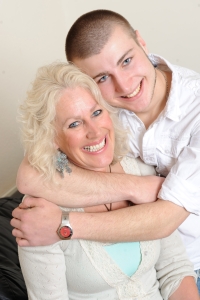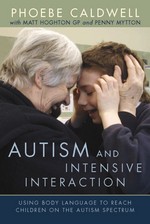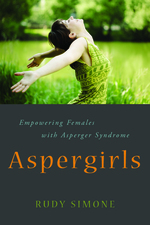Richard Hanks on Common SENse: How Mainstream Teachers Can Maximise Existing Skills to Support Special Educational Needs
Richard Hanks is a former Headteacher and has extensive experience of working with children with special needs. Here, he answers some questions about his new…





